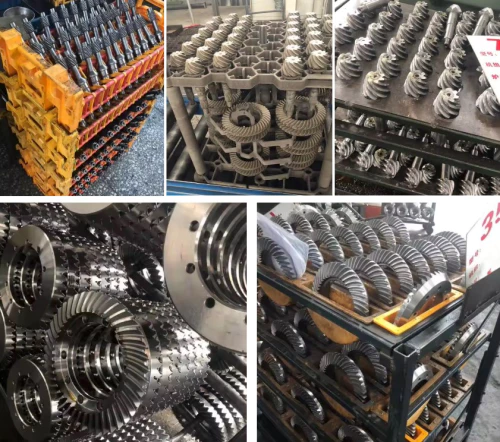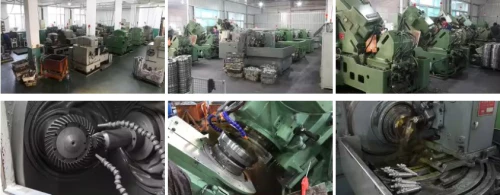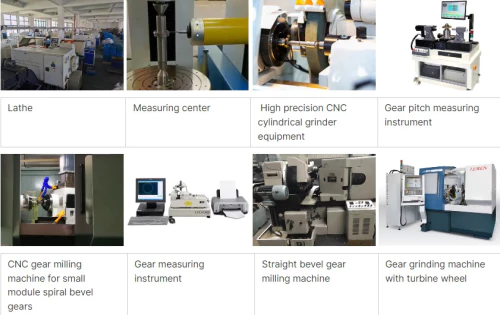What are the considerations for surface finishing of forged bevel gears?
Introduction
Forging bevel gears are a type of bevel gears that are manufactured through the forging process. Forging involves shaping metal through the application of localized compressive forces, typically using a die or hammer. In the case of bevel gears, the forging process is used to form the gear teeth and create the desired gear geometry.
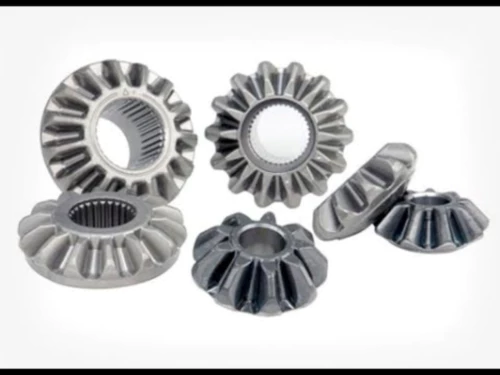
Advantages of Forged Bevel Gears
- High Strength: Forged bevel gears exhibit high strength due to the grain structure formed during the forging process.
- Improved Fatigue Resistance: The forging process enhances the fatigue resistance of bevel gears, making them more durable and reliable.
- Precise Gear Tooth Geometry: Forging allows for the creation of precise gear tooth geometry, improving the overall performance of the gears.
- Cost-Effectiveness: Forged bevel gears offer cost-effectiveness in terms of material utilization and manufacturing efficiency.
- Versatility in Material Selection: Bevel gears can be forged from a wide range of materials, allowing for versatility in material selection based on specific application requirements.
- Enhanced Structural Integrity: The forging process enhances the structural integrity of bevel gears, ensuring reliable and long-lasting performance.
- Tailored Mechanical Properties: Forging allows for the customization of mechanical properties, such as hardness and toughness, to meet specific application needs.
- Reduced Lead Time: The forging process offers shorter lead times compared to other manufacturing methods, ensuring faster delivery of bevel gears.
- Environmental Sustainability: Forging is a more environmentally sustainable manufacturing process compared to other metalworking methods, as it produces less waste and consumes less energy.
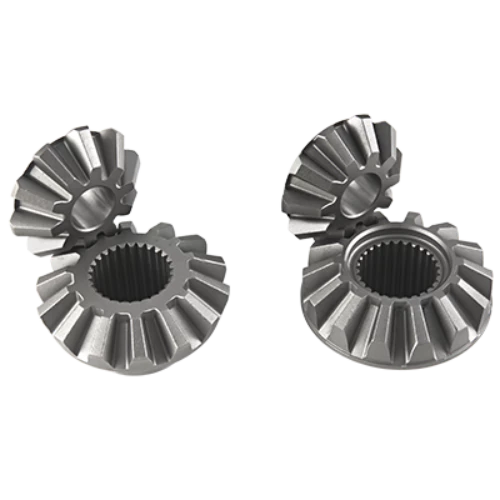
Working Principle
Forging bevel gears operate based on the fundamental principles of gear mechanisms. They consist of two intersecting shafts, each with a conically shaped gear (bevel gear) mounted on it. The teeth of the bevel gears are designed to have a specific tooth profile, such as straight, spiral, or hypoid, depending on the application requirements.
When the input shaft rotates, the engagement of the teeth of the bevel gears causes a transfer of rotational motion and torque to the output shaft. The contact between the mating teeth ensures power transmission while maintaining proper alignment and smooth operation.
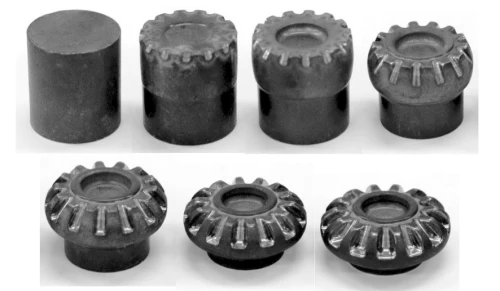
Applications
- Automotive Industry: Forged bevel gears are used in automotive transmissions, differential systems, and steering mechanisms.
- Industrial Machinery: They find applications in various types of industrial machinery, such as mining equipment, construction machinery, and printing presses.
- Aerospace and Defense: Forged bevel gears are used in aircraft engines, helicopters, and military vehicles.
- Renewable Energy: They play a crucial role in wind turbine systems and solar power generation equipment.
- Marine and Shipbuilding: Bevel gears are essential components in ship propulsion systems, steering mechanisms, and marine engines.
- Agricultural Machinery: They are used in agricultural equipment like tractors, harvesters, and irrigation systems.
- Power Generation: Forged bevel gears are employed in power plant equipment, including turbines and generators.
- Robotics and Automation: They are utilized in industrial robots, automated machinery, and precision motion control systems.
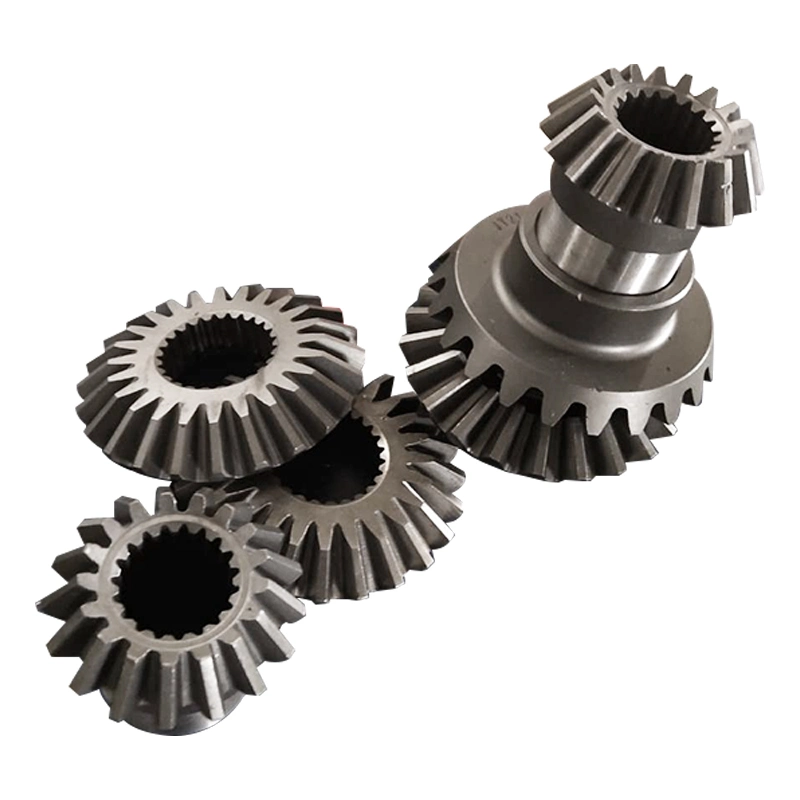
Installation and Maintenance
Installation
- Proper Alignment
- Lubrication
- Mounting Bolts
- Inspection
Maintenance
- Lubrication
- Cleaning
- Inspection
- Replacements
- Gearbox Maintenance
- Load Monitoring
- Training and Expertise
- Record-Keeping
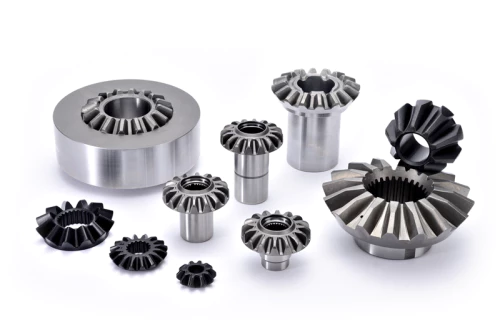
How to Select the Right Forging Bevel Gear
- Application Requirements
- Design and Specifications
- Material Selection
- Quality and Reliability
- Load-Carrying Capacity
- Efficiency and Performance
- Customization and Adaptability
- Cost Considerations
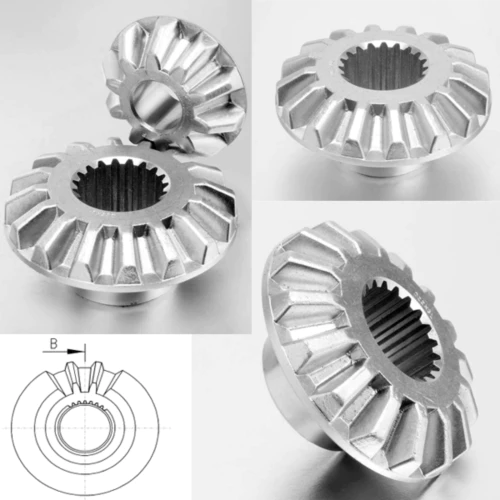
Focus on Shaoxing Chaoli
Shaoxing Chaoli is a professional manufacturer of gears in China. Its products are mainly sold to hundreds of fixed suppliers such as domestic steel rolling mills, shipyards, precision machine tool factories, automation machinery factories, and various distribution companies, and exported to Western Europe, the Middle East, and Southeast Asia and other countries and regions.
The developing Shaoxing Chaoli currently has hundreds of employees, including many engineers, with fixed assets of 20 million yuan and an annual output value of 50 million yuan. The company has a complete set of strict quality management systems, equipped with a series of precision measuring instruments such as optical projectors and 16 full-process production monitoring systems. Shaoxing Chaoli has considerable competitiveness in the same industry.
